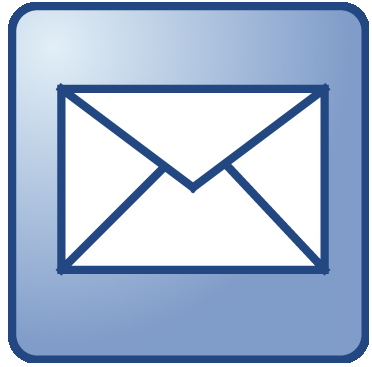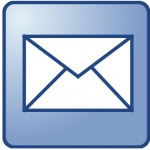As managers, a great deal of each day is taken up with dealing with email. No matter if it is sorting through all of the new email that has arrived since we last took a look at it or it is crafting the perfect response to that email that we just got, all of this stuff takes time. A lot of time. How can a manager use our manager skills to get over our addiction to email?
Perform An Audit Of Your Email
In order to change how a manager deals with email, the first step is to understand that all change begins with self-knowledge and awareness. You need to track how many times you check your email per day. By doing this, you’ll gain more awareness of what drives your urge to check emails, and you’re less likely to do so mindlessly.
Create A Hierarchy For Your Email
What we need to realize is that when it comes to email, all emails that we receive are not created equal. What this means is that you shouldn’t treat them that way. An email from your boss, for example, shouldn’t have the same importance level as a weekly department newsletter. Understanding this difference is your first step in using your manager training to start to gain control over your emails.
A study was done in which people were asked to rate the urgency of their last 40 emails that they had received. It turns out that only 12% of their emails required their immediate attention. This is why it makes sense to sort email based on the importance of the person who sent it to you. By doing this you get to decide when (and if) an email by a particular sender will appear in your inbox. If you do this it also helps reduce the amount of attention-hijacking bells and whistles you get throughout the day.
As a manager you have the responsibility to create an email hierarchy that will work the best for you. One way to divide up your email is like this:
- Important: People whose message needs your immediate attention.
- Partners: People you work with who need timely responses from you.
- Friends: People with whom communication is pleasurable but not necessary – lower priority.
- High Potentials: People who could be important, but you’re not yet sure about.
- Unknowns: People who send you things uninvited and unverified by a trusted source.
Restrict Your Responses To Only Five Sentences
One way that a manager can regain control over your email inbox is to challenge yourself to write no more than a five-sentence reply to your emails. Consider anything beyond five sentences to require a phone call or an in-person meeting. If you can adopt this approach then you’ll save time, be a much more concise communicator, and you’ll be kinder to your readers. The benefit of doing this is that it increases the likelihood of you getting a response to your emails. A study that was conducted showed that emails between 50 and 125 words had the highest return rate.
Send Your Emails In Batches
If you really want to get on top of your emails, then you are going to have to change your personal schedule. You can start to process your emails in batches. Performing batch processing means checking and managing your email at set times during the day. By doing this you can be strategic instead of reactive with incoming messages.
Managers need to understand that the key to batching well is to disable notifications and pop-ups and block out time for batching on your calendar. Most managers select three periods of batching throughout the day, but it depends on your needs. If you require more, take more. The key is to just stay focused. Note that you can also do your email batches with other people on your team and turn it into a type of team building event.
What All Of This Means For You
Email is by far the most widely used communication tool by managers, particularly at work. However its design and success can make it feel like our email inboxes control us. To change things, we must become deliberate and create effective email habits. You need to remember that it’s not just about spending less time with email; it’s about spending more time connecting with people, doing truly meaningful work, or maybe just taking a deep breath.
Take the time to understand who you are getting emails from. Not every email has the same level of priority. When you get an email categorize it and understand if it needs a response from you now or later on. Consider using batch processing to respond to emails. This allows you to ignore your emails except for those times during the day that you choose to focus on them and create responses.
Email is not going away any time soon. As managers we need to learn how best to use this powerful communication tool. If we can discover techniques that we can use to better manage our emails, then we’ll free up the time that we need to do other tasks. Study your email, learn what’s really important, and then take steps to overcome your email addiction.– Dr. Jim Anderson
Blue Elephant Consulting –
Your Source For Real World IT Management Skills™
Question For You: How much time during a day do you think that you should spend on reading and sending emails?
P.S.: Free subscriptions to The Accidental IT Leader Newsletter are now available. Learn what you need to know to do the job. Subscribe now: Click Here!
What We’ll Be Talking About Next Time
As a manager, there never seems to be enough time in the day to get everything done. I’m pretty sure that we all wish that we could clone ourselves so that we would have more hands to help with all of the work that needs to be done. It turns out that cloning does not yet exist; however, if you can learn how to delegate effectively then you just might be able to find the help that you need in order to get all of your work done.


